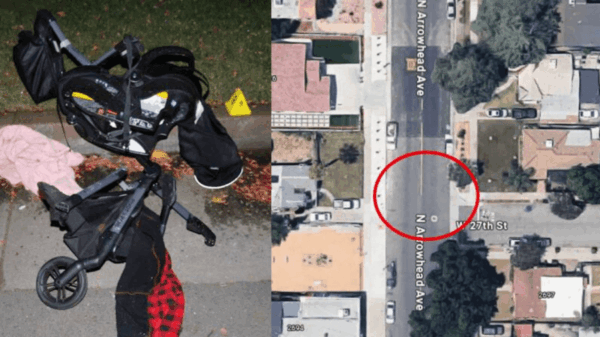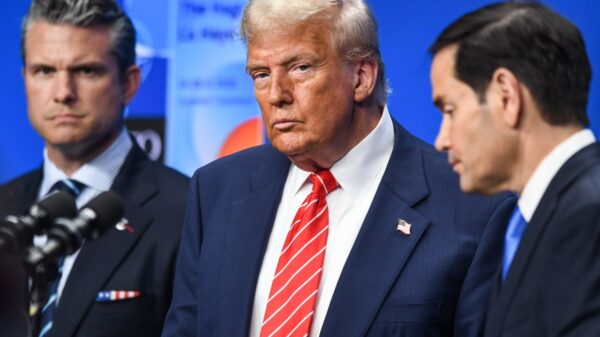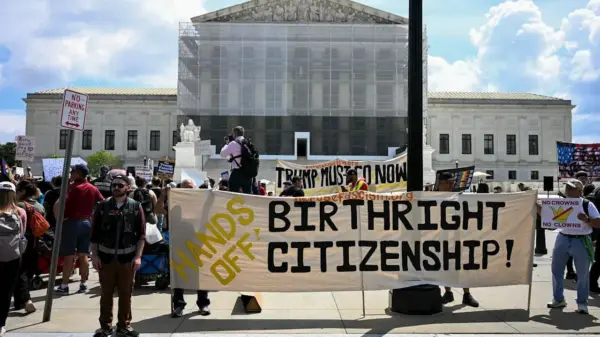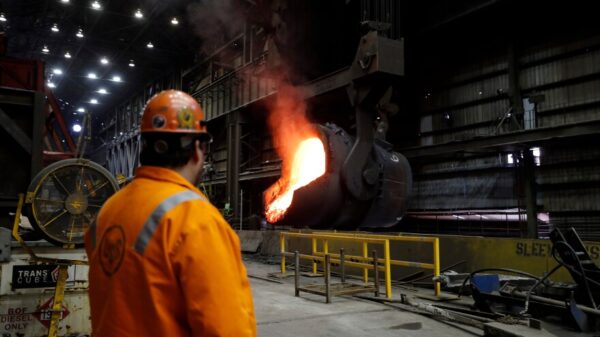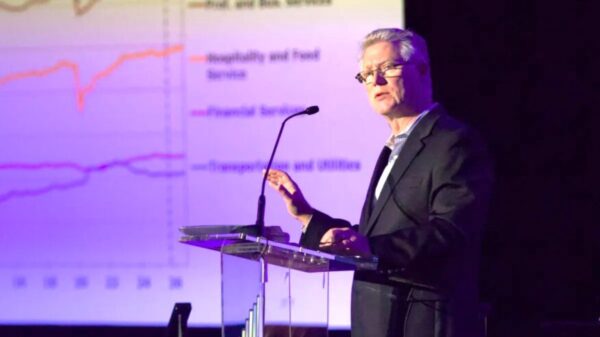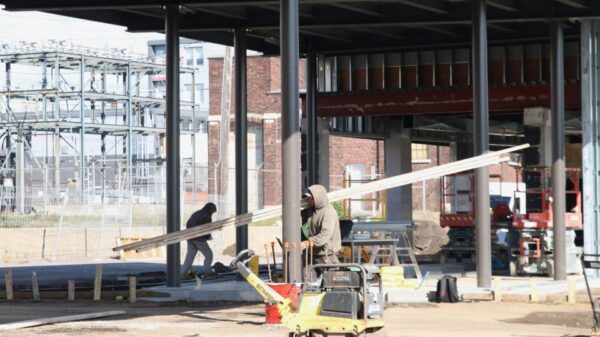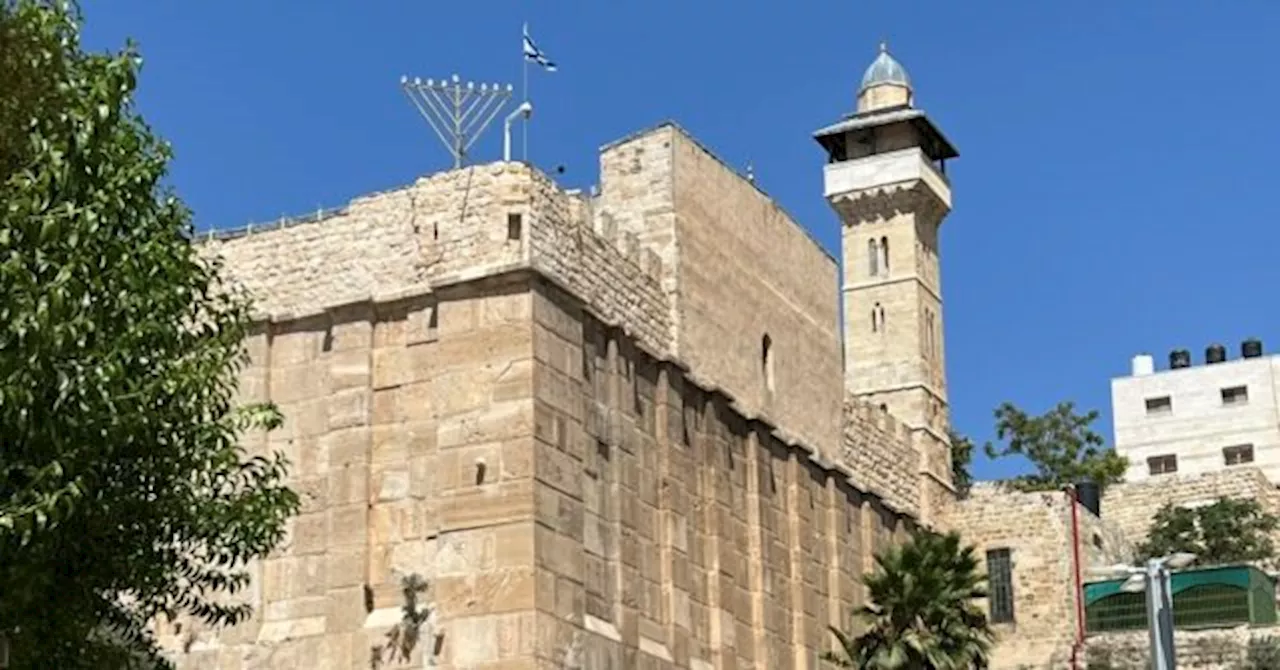The United Nations General Assembly convened on September 22, 2023, in New York City, focusing on advancing a two-state solution to the longstanding Israeli-Palestinian conflict. High-level officials from around the world gathered to discuss strategies aimed at reviving negotiations that have stalled for years. Notably absent from the meeting are representatives from Israel and its close ally, the United States, both of which have opted to boycott the proceedings.
The two-state solution envisions an independent State of Palestine alongside the State of Israel, a concept that has garnered international support but faced numerous obstacles over the decades. The meeting is co-chaired by the foreign ministers of France and Saudi Arabia, signaling a collaborative effort between European and Middle Eastern nations to address the issue.
Palestinian Authority officials expressed optimism about the discussions, highlighting the urgency of finding a viable path forward. According to Riyad al-Maliki, the Palestinian Minister of Foreign Affairs, “This meeting offers a critical opportunity to reaffirm our commitment to a peaceful resolution.” He emphasized the importance of international support and intervention in achieving a lasting solution.
In contrast, Israel’s government has criticized the UN for what it perceives as a biased approach towards the Palestinian narrative. The absence of the United States, which traditionally plays a significant role in Middle Eastern diplomacy, further complicates the landscape. A spokesperson for the Israeli government stated, “We believe that genuine peace can only be achieved through direct negotiations, not through unilateral resolutions.”
The General Assembly’s agenda includes a review of recent developments in the region, including escalating tensions and violence. These issues are compounded by the ongoing humanitarian crisis in the Gaza Strip and the West Bank, where living conditions have deteriorated significantly. Reports indicate that the situation has reached a critical point, with many citizens lacking access to basic necessities.
The UN’s initiative reflects a renewed commitment from various nations to mediate and support peace efforts. The meeting aims to foster dialogue and build momentum towards a comprehensive agreement. Participants will discuss mechanisms to enhance cooperation between Israeli and Palestinian authorities, with an emphasis on economic development and security cooperation.
Efforts to achieve a two-state solution have faced numerous setbacks, including political divisions within the Palestinian territories and shifts in Israeli leadership. The international community remains divided on the best approach to facilitate negotiations. Some nations advocate for a more hands-on role for the UN, while others support bilateral talks between Israel and Palestine.
As the discussions unfold, the outcome remains uncertain. Nevertheless, the UN General Assembly’s efforts spotlight the ongoing commitment to resolving one of the most protracted conflicts in modern history. The call for renewed negotiations may resonate beyond the assembly floor, influencing future diplomatic engagements and public sentiment regarding peace in the region.
The significance of this gathering extends beyond immediate political implications; it also reflects a broader desire for stability and coexistence in a region marked by decades of tension. As global leaders reflect on the discussions, the focus will remain on the potential for constructive dialogue and collaboration moving forward.





